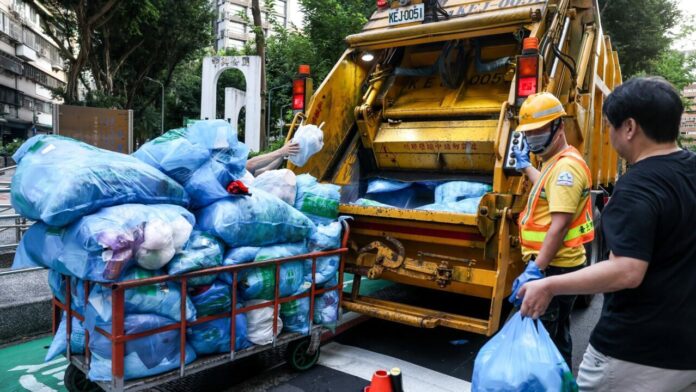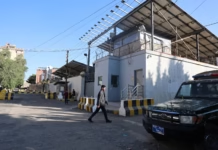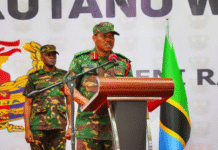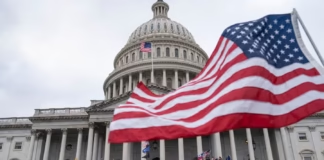
In Taiwan, the sound of Beethoven’s Für Elise or Tekla Badarzewska-Baranowska’s Maiden’s Prayer signals more than a call to take out the trash, it marks a unique, communal ritual that has become a part of daily life across the island.
Each evening, yellow garbage trucks equipped with loudspeakers cruise through city neighborhoods, serenading residents with classical music to announce their arrival. Like clockwork, people stream out of apartment buildings carrying neatly sorted bags of waste. For many, it’s not just a routine chore, it’s an opportunity to catch up with neighbors and engage in a small but meaningful daily ritual.
“When we hear this music, we know it’s time to take out the trash. It’s very convenient,” said 78-year-old Lee Shu-ning, standing outside her high-rise building in Taipei. Lee, like many elderly residents, arrives early to chat with friends and enjoy the fresh air while waiting for the truck. “It’s also a kind of exercise,” she added.
The distinctive musical tradition dates back to the 1960s when Taiwan imported German garbage trucks, some preloaded with Für Elise. Over time, Maiden’s Prayer joined the musical repertoire, though officials are unsure how or why. The trucks typically operate five days a week, mostly in the late afternoon or early evening, helping regulate household waste disposal in a timely and organized manner.
However, not everyone finds the system convenient. “I think it’s quite inconvenient because it comes at a fixed time every day,” said 31-year-old beautician Dai Yun-wei. “Sometimes we’re not home or we’re busy, so we can’t throw away the trash.”
To address such challenges, some residents have found alternative solutions. Yang Xiu-ying, a 76-year-old retiree, has turned garbage disposal into a community service. For a monthly fee of NT$11,200 ($380), she collects trash from 28 households in her lane, sorts it, and brings it to the trucks on their behalf. Wearing protective sleeves and two layers of gloves, she diligently manages the waste for those unable to make the appointed time.
“Younger people get off work late, and some elderly people find it inconvenient, so they bring their trash downstairs and I take care of the rest,” Yang explained.
In the age of digital convenience, tech-savvy entrepreneurs have introduced modern solutions as well. Tracle, a waste management app founded by a group of young Taiwanese innovators, allows users to schedule pickups at times that suit them. “I think our value is that we save a lot of time for them,” said co-founder Ben Chen. “We enhance their life quality.”
Taiwan’s commitment to waste management reform has transformed its environmental landscape over the past three decades. Once grappling with uncontrolled waste from a booming economy, overflowing landfills, almost nonexistent recycling, and widespread pollution, the island has implemented sweeping reforms. Citizens are now required to sort waste and personally hand it to the garbage trucks, rather than leave it at curbside for pickup. Additionally, Taipei residents must purchase government-approved blue bags for general waste, incentivizing them to reduce waste and recycle more.
“In the beginning, everybody feels… that it’s not very convenient,” admitted Shyu Shyh-shiun of the Taipei Department of Environmental Protection. “But once people started noticing the cleaner streets, they feel this is a good policy.”
The results speak for themselves. Taipei’s recycling rate has soared from just 2% in 2000 to nearly 67% today. Meanwhile, the volume of garbage sent to incinerators has dropped by two-thirds. The classical music garbage trucks, once a curiosity, have become a symbol of the city’s environmental success, and they’re “almost always on time,” Shyu added with a smile.
In Taiwan, a simple tune in the evening doesn’t just mean trash collection, it represents a daily act of civic responsibility, environmental consciousness, and community connection.
Written By Rodney Mbua


















